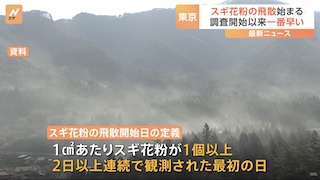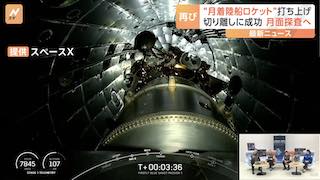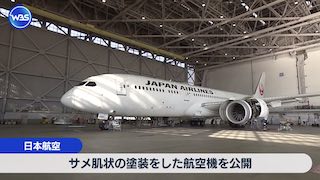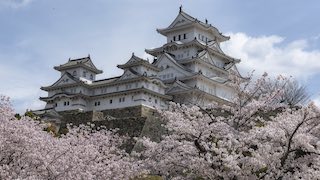Oct 30 (NHK) - The operator of a nuclear power plant in Miyagi Prefecture, northeastern Japan, restarted one of its reactors on Tuesday, more than 13 years after it suffered damage in the 2011 earthquake and tsunami disaster.
The 2011 disaster cut the No.2 reactor off from many of its external power sources and left its underground facility inundated.
Tohoku Electric Power Company took anti-disaster steps, including raising the plant's seawalls to 29 meters above sea level. The No.2 reactor passed a Nuclear Regulation Authority screening in 2020. Later, construction work for safety measures and state inspections were completed.
On Tuesday night, Tohoku Electric reactivated the reactor by removing the control rods. The utility expects the reactor to reach a self-sustaining chain reaction later in the evening, and power generation to start in early November.
The No.2 reactor is a boiling-water reactor, the same type used at the crippled Fukushima Daiichi Plant. It is the first reactor of its kind to be restarted after the 2011 earthquake and tsunami, and the first to resume operations in the disaster-hit area.
Until now, all 12 reactors restarted after the disaster have been located in western Japan. The Onagawa No.2 reactor is the first one in eastern Japan to be reactivated.
The government plans to use nuclear power generation as much as possible to realize a carbon-free society and ensure a stable energy supply.
Planning is underway to restart in December the Shimane nuclear plant's No.2 reactor, which is also a boiling-water reactor. The plant is operated by Chugoku Electric Power Company.
Power companies aim to resume operations of other nuclear plants across the country, including the Kashiwazaki-Kariwa nuclear plant in Niigata Prefecture and the Tokai No.2 nuclear plant in Ibaraki Prefecture, after gaining the understanding of local residents.














